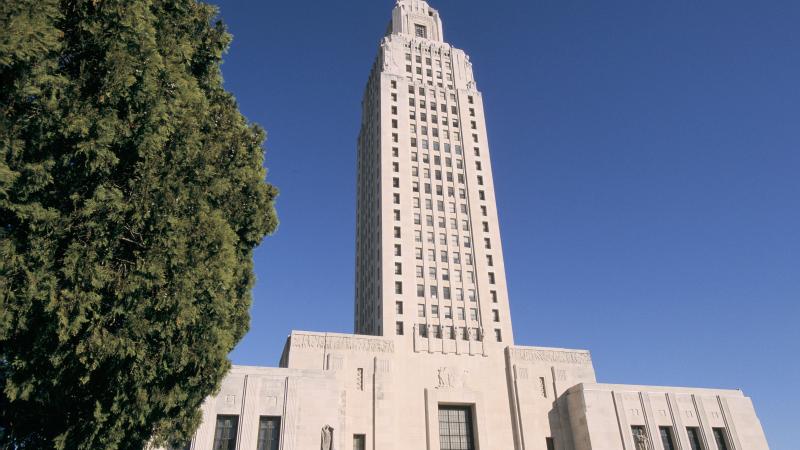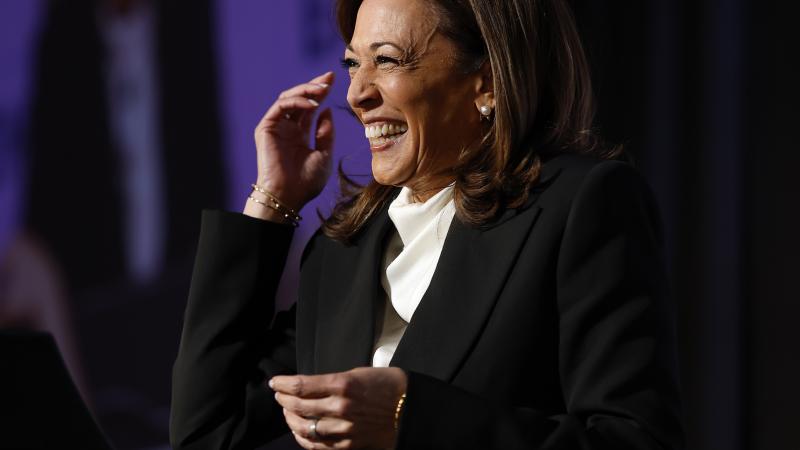Appalachian groups call for hydrogen hub pause
The hub will be concentrated in West Virginia, but stretch into Ohio, Pennsylvania and Kentucky, supported by almost $1 billion of federal funds.
(The Center Square) — As the federal government lines up billions of dollars to build out hydrogen hubs, a multi-state coalition sent a letter to the Department of Energy demanding a halt to the Appalachian project until officials are more transparent with the public.
“I really can't stress just how few safeguards there are on this,” Tom Torres, hydrogen campaign coordinator with the Ohio River Valley Institute and author of the letter, said. “It’s incumbent on policymakers to ask some really tough questions about what are valuable investments, what people in the region deserve, and what are alternative pathways of development that can give people a much better return on investment.”
The institute and 53 other environmental and community groups argued in their letter that the department has offered “scant public information” about the planned Appalachian Regional Clean Hydrogen Hub (ARCH2) that would create a hydrogen-based network of production and manufacturing based using the region’s natural gas.
The group criticized the department for giving the public “no substantive opportunity to shape this proposal while negotiations continue behind closed doors” and accused officials of advancing the hub with little regard for community opposition or the impact of pollution.
The hub will be concentrated in West Virginia, but stretch into Ohio, Pennsylvania and Kentucky, supported by almost $1 billion of federal funds. Further state-specific funds or tax credits could also come into play.
Before the hub planning goes further, environmental groups want a pause and rethink.
The letter asks for more public disclosure of project information with details about operations, public health impacts and government subsidies; more public engagement that allows citizens “real decision-making during the negotiation process;” and suspending hub negotiations until those demands are met.
“It beggars belief for us to think that the federal government has allocated nearly a billion dollars to a project — and there’s no substantive outline of planned operations, locations, timelines, pipeline infrastructure, that there isn’t something on the table,” Torres said.
Getting a pause on the project, though, may be an uphill battle. Though some Senate Democrats in Pennsylvania have worried about the hubs serving as a handout to private industry, Republicans have embraced the hubs as a way forward, economically and environmentally.
U.S. Sen. Bob Casey has also been supportive of the hub, urging President Biden to ensure that federal hydrogen tax credits would apply to natural gas and coal mine methane in Pennsylvania.
Industry leaders, including the Marcellus Shale Coalition, argued a pause on the hydrogen hub would be foolish.
“Halting Appalachia’s hydrogen hub aspirations is short-sighted and ignores the tremendous promise the hub holds for our region’s economic and environmental progress,” Dave Callahan, president of the coalition, said. “Pennsylvania boasts the nation's cleanest natural gas resources, a prime feedstock for hydrogen production crucial in decarbonizing vital economic sectors and scaling the low-carbon fuel across the nation.
The development of one or more approved hydrogen hubs in the Commonwealth presents another generational opportunity to use our resource-driven competitive advantage to secure a prosperous and sustainable energy future.”
Though much has been said of the economic potential of hydrogen hubs, a key part of their emissions-mitigation strategy has been as yet unproven.
Carbon capture, where carbon-dioxide emissions would be stored underground rather than released into the atmosphere, has been a much-heralded part of the hubs. But critics warn that they depend on taxpayer subsidies. Even advocates admit that carbon capture “would heavily depend on support from the federal government.”














